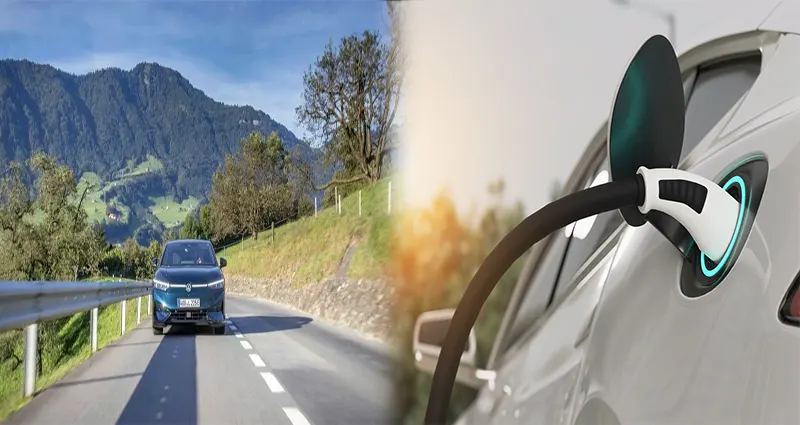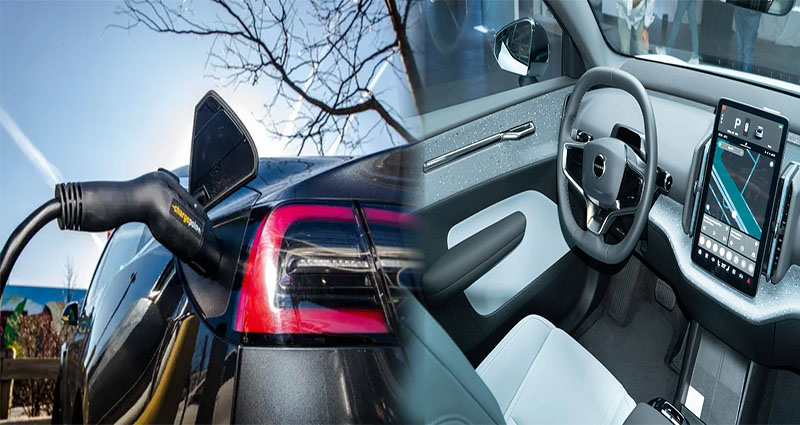Affordable Electric Vehicles with Fast Charging: Embracing Sustainability and Convenience
As the world shifts towards a more sustainable future, electric vehicles (EVs) have emerged as a key player in reducing carbon emissions and promoting cleaner transportation. For many consumers, the affordability and convenience of owning an electric vehicle with fast charging capabilities are essential factors in making the switch from traditional gas-powered cars. Here are some affordable electric vehicles that offer fast charging options, making eco-friendly transportation accessible and efficient:
1. Chevrolet Bolt EV
The Chevrolet Bolt EV has gained popularity as an affordable electric vehicle with fast charging capabilities. With a range of over 200 miles per charge and DC fast charging compatibility, the Bolt EV offers a practical and sustainable option for everyday commuting. Its spacious interior and advanced technology features make it a compelling choice for those looking to embrace electric mobility without breaking the bank.
2. Nissan Leaf
The Nissan Leaf is a well-known electric vehicle … Continue reading >>>













